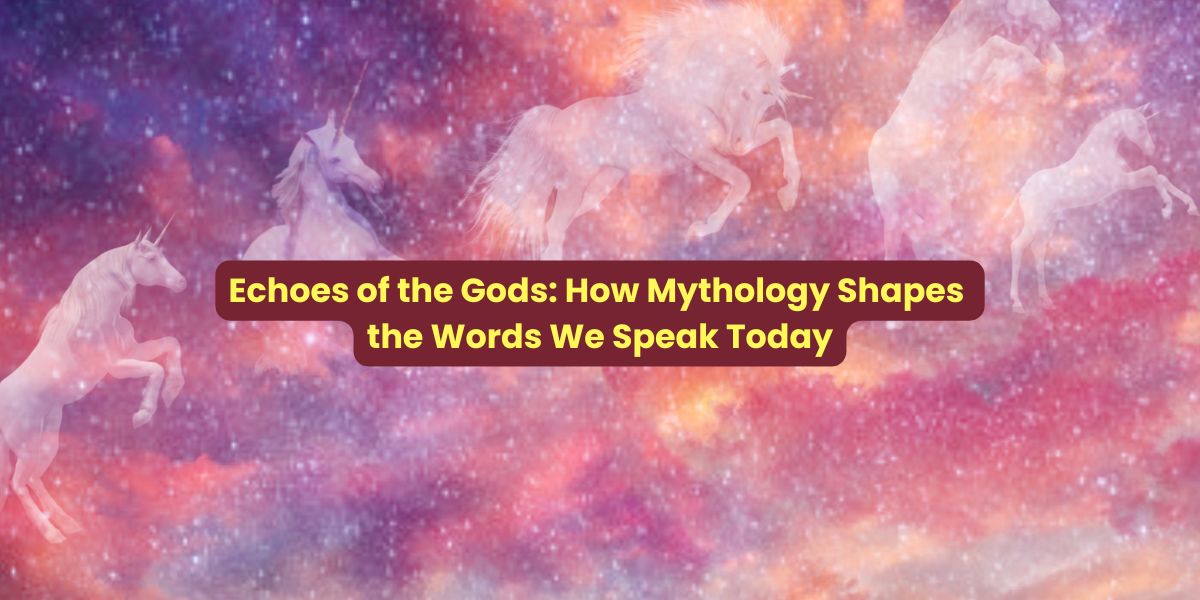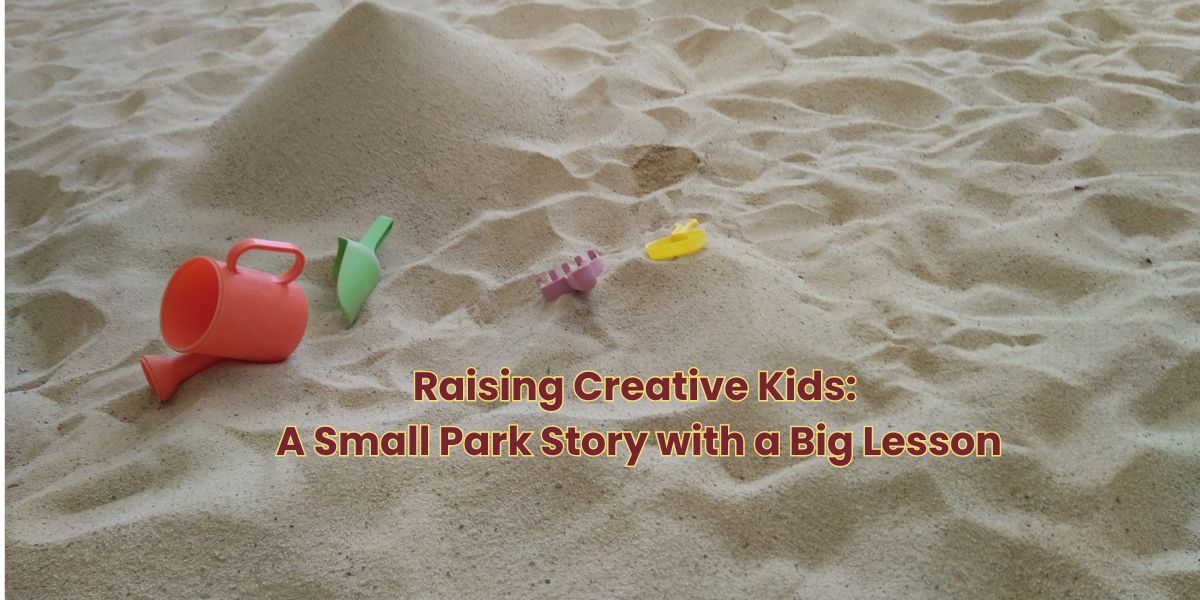
Echoes of the Gods: How Mythology Shapes the Words We Speak Today
Echoes of the Gods: How Mythology Shapes the Words We Speak Today
By Janaki K.B
Introduction:
“When the first stories were told, language was still finding its feet.” That’s what linguist Dr. James Whittaker once said—and it rings true. Words, phrases, and expressions we use every day often trace their roots back to epic battles, heroic journeys, and ancient gods. Mythology isn’t just dusty tales from the past. It’s alive. Breathing through the language we speak—guiding the way we express fear, courage, beauty, and even betrayal.
Whether you’re a student trying to decode English idioms or a parent curious about the phrases your child brings home, this connection between mythology and modern speech might just surprise you.
Let’s dig into the magic behind our words.
The Myth Behind the Metaphor
Words are never just words. They carry stories.
Take the term “Achilles’ heel.” It’s not just about weakness. It’s a whole tale wrapped in a phrase—of a mighty Greek warrior who was invincible, save for one spot. Today, we use it to describe a person’s only vulnerability, especially one that’s unexpected.
Or consider “Pandora’s box.” It’s not about a literal container. It’s a warning—a signal that curiosity can unlock chaos. Students use it to describe opening up tricky topics. Parents might use it when giving advice. The phrase is ancient, but the meaning is timeless.
The key takeaway?
Understanding the myth enriches the meaning. These aren’t just expressions—they’re emotional shortcuts with deep roots.
Everyday English, Straight from Olympus
Greek and Roman myths have left fingerprints all over modern English.
Words like “narcissist” (from Narcissus, who fell in love with his reflection) and “tantalize” (from Tantalus, punished with unreachable food and water) are straight from these tales.
Even brands use myth. Think of Nike—named after the Greek goddess of victory. Or Amazon, evoking powerful warrior women.
For students: Try tracing the myth behind a word you encounter. It deepens vocabulary learning and makes it stick.
For parents: Encourage your children to research these origins. It’s a fun bridge between language, literature, and history.
Idioms with Immortal Roots
Here are a few more mythological gems we casually drop in conversation:
- “Herculean task” – Any challenge that feels enormous (like cleaning a teenager’s room).
- “Midas touch” – Someone who succeeds at everything they do, just like King Midas who turned things to gold.
- “Caught between Scylla and Charybdis” – Facing two dangers at once. It’s an old sea-monster story, but perfect for real-life dilemmas.
Using these idioms doesn’t just add flair. It shows cultural depth. It brings drama and vividness into speech or writing—something every student can benefit from.
Why This Matters for Young Learners
Here’s the real magic: when children learn the story behind a phrase, they remember it better. It’s the power of narrative memory. A story sticks longer than a definition.
So if a student is struggling with vocabulary, try this:
- Pick a myth-based phrase.
- Read or watch the myth behind it.
- Use the phrase in a sentence related to their own life.
Language becomes less abstract—and a lot more fun.
Parents can turn this into a bedtime activity or a weekend project. Students can use it to impress in essays and speech.
Bringing Mythology into the Classroom and Home
You don’t need to be a classicist to bring mythology into learning. Here are some easy ways:
- Watch animated myth stories together (there are excellent child-friendly versions online).
- Start a family “Myth Phrase of the Week.” Talk about its story and use it in conversation.
- Encourage children to write their own modern myths based on old characters. Imagine Medusa in a school setting or Hercules facing peer pressure.
Language learning becomes storytelling. And storytelling builds better communication, memory, and empathy.
Conclusion: Stories That Speak Through Us
Myths are not just tales of old—they’re language’s secret power source. They help words do more than mean. They help words feel.
By recognizing how mythology influences our everyday speech, we invite young learners to explore, question, and connect. And as parents and educators, we gain tools to make language learning richer and more memorable.
After all, who wouldn’t want a little magic in their everyday words?



